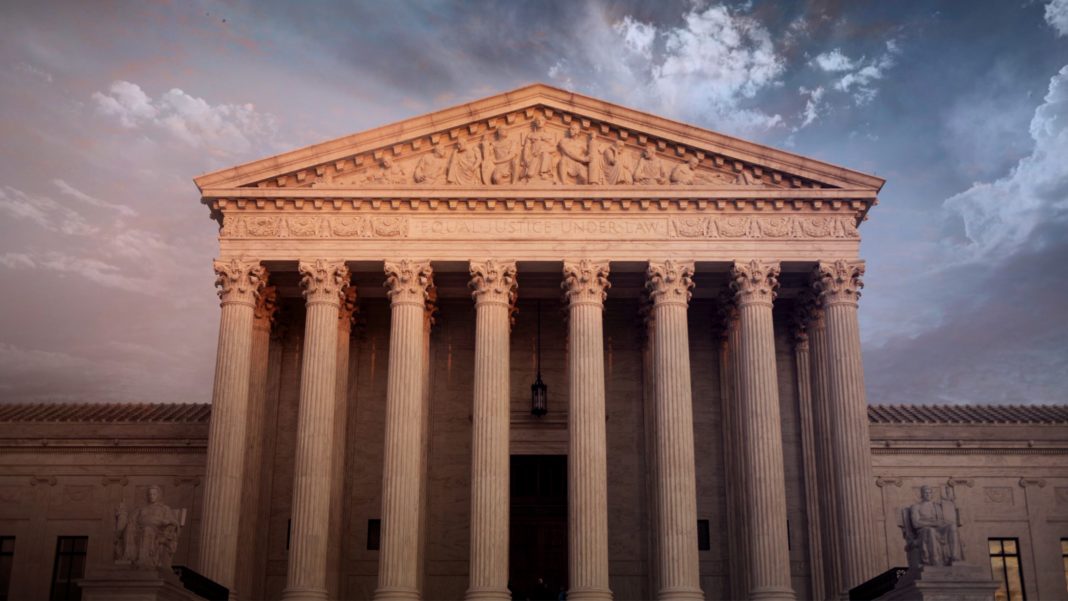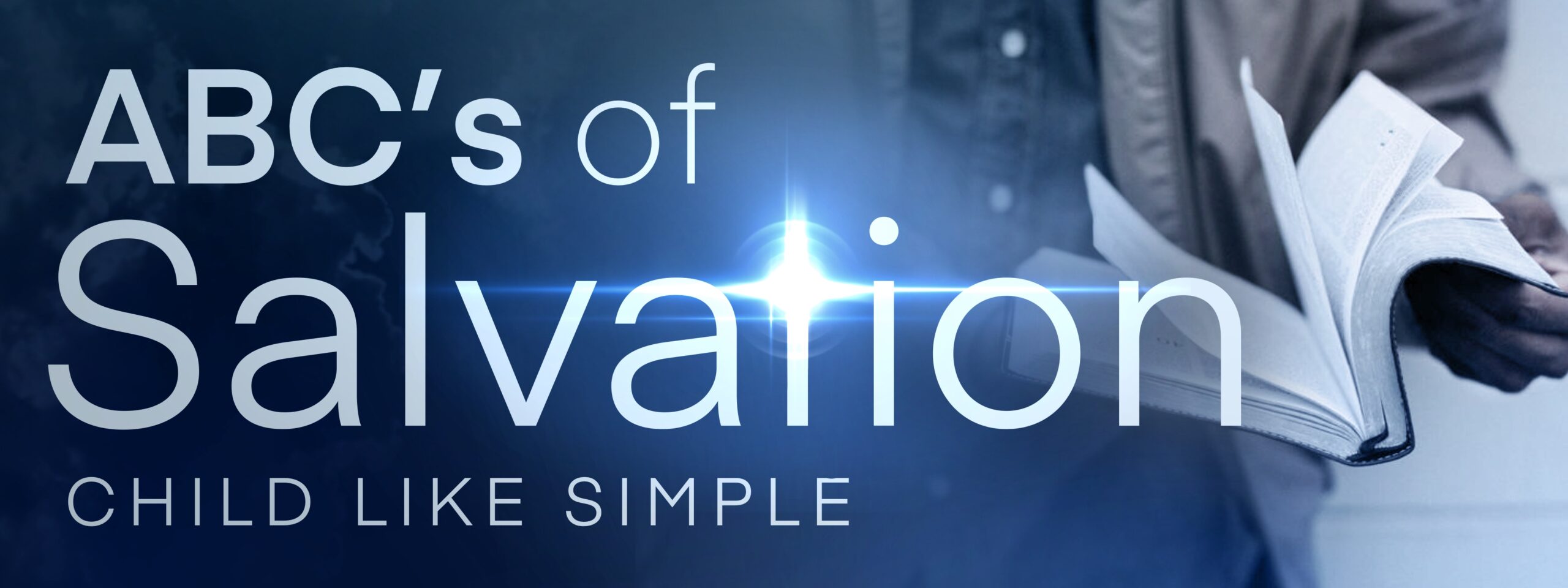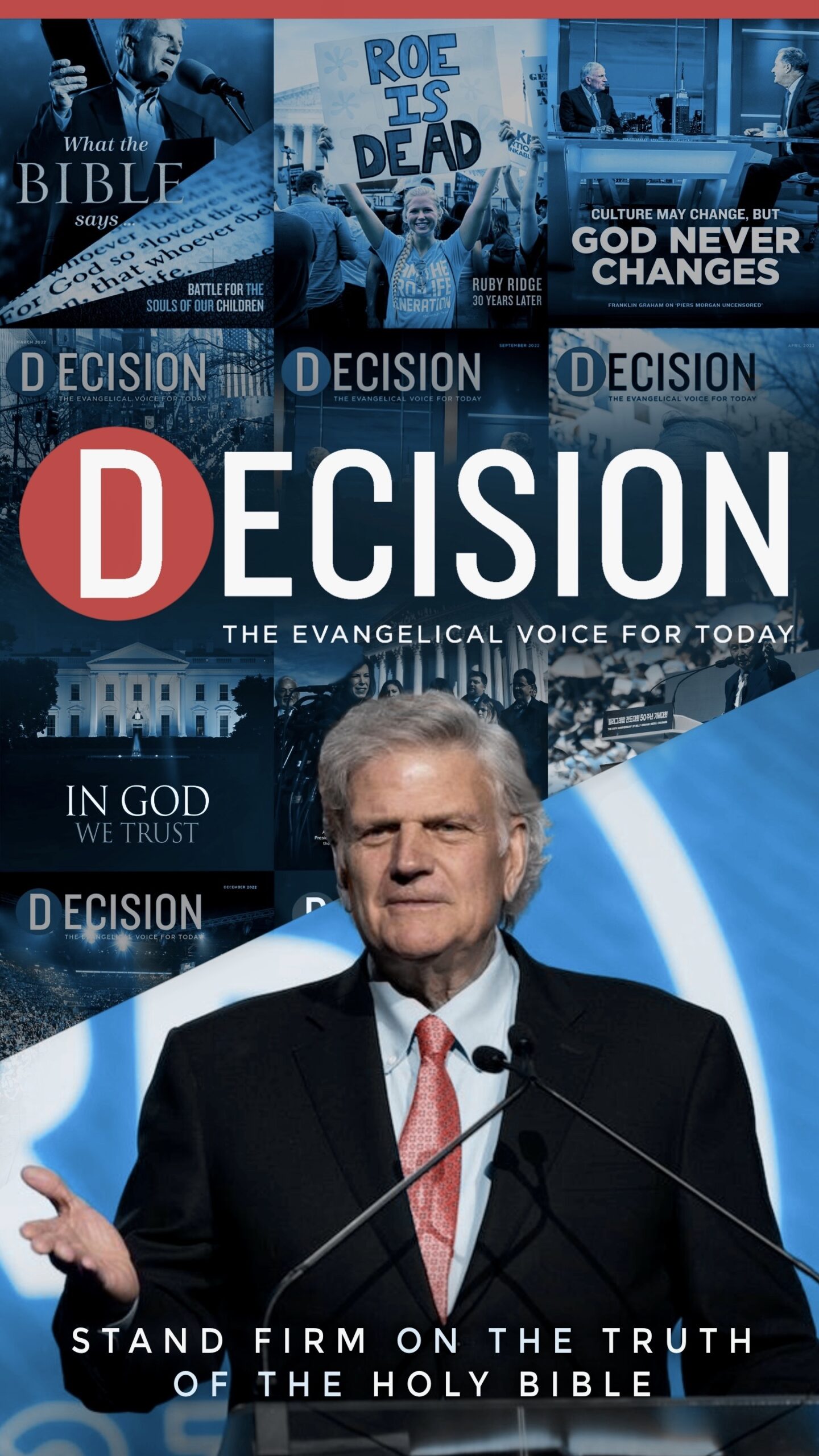The Supreme Court this week gets a fresh look at its recently decided ruling on abortion access, a challenge to a controversial Louisiana law that will now be decided anew in the middle of a presidential election year.
What the justices say on the politically and socially charged issue could be the start of potential legal rollback of broader abortion rights.
That all could depend on President Trump’s two conservative appointees to the bench, when they confront reproductive rights for the first time as justices.
Oral arguments in the Louisiana case will be Wednesday, with a ruling expected by June.
At issue is a state statute requiring doctors performing abortions to have admitting privileges at a nearby hospital. A federal appeals court had upheld the law, despite an almost identical statute from Texas that was declared unconstitutional by the justices in 2016.
“This case could decide the future of abortion access in this country,” said Planned Parenthood Federation of America, which will be among a number of abortion rights groups that will rally outside the high court.
But abortion opponents are also expected to be present in support of Louisiana, when the justices hold their public session.
The Alliance Defending Freedom calls it “common-sense protections that ensure the maximum amount of safety for women.”
That statute is just one of dozens of new sweeping state-level abortion restrictions nationwide, which activists on both sides say could push the Supreme Court to revisit its nearly five-decade Roe v. Wade precedent that guarantees a women’s right to the medical procedure.
It comes as abortion has become a major political campaign issue.
Trump in January became the first sitting president to address the March for Life rally in person, telling activists, “I’m fighting for you, and we’re fighting for those who have no voice. and we’ll win, because we know how to win.”
Democrats running for the White House have promised to nominate justices to the Supreme Court that will respect abortion rights, as part of their rhetorical outreach.
“Abortion and the court has been a political issue for quite a long time,” said Paul Smith, a Georgetown Law Center professor who has also argued several cases before the Supreme Court. “If you go back and look at the candidate debates, it seems to be an issue that the conservative side is more motivated by, or has been historically. That may change this year.”
LOUISIANA’S LAW
The high court in February 2019 blocked enforcement of the Louisiana law, while further legal appeals were being filed. Chief Justice John Roberts sided with his more liberal colleagues at the time on the gateway legal question.
While Roberts could prove the decisive vote as the high court is prepared to vote on the merits, much of the attention will also be focused on the newest members, Justices Neil Gorsuch and Brett Kavanaugh, and whether they would be prepared to side with the conservative majority and weaken existing abortion rights.
The Trump administration is siding with Louisiana and was given argument time in Wednesday’s public session.
Abortion rights supporters say Act 620 is too restrictive, and designed to close clinics and undermine women’s access to reproductive healthcare. They say it would leave the state with just one abortion clinic.
Backers of the law say it is a reasonable regulation, with state attorneys saying that “Louisiana abortion clinics have a history of serious health and safety problems.”
The Louisiana law is virtually identical to a Texas measure the justices struck down four years ago by a 5-3 vote, shortly after the death of Justice Antonin Scalia. Roberts dissented in that case.
In that 2016 Texas dispute, the Supreme Court held that the admitting-privileges requirement “provides few, if any, health benefits for women, poses a substantial obstacle to women seeking abortions, and constitutes an ‘undue burden’ on their constitutional right to do so.”
Abortion rights groups argue admitting privilege requirements for outpatient abortion providers are opposed by major medical groups— including the American Medical Association and the American College of Obstetricians and Gynecologists— as medically unnecessary.
The Center for Reproductive Rights, which is leading the high court challenge to the law, blames “onerous requirements” by the state for reducing the number of abortion clinics in Louisiana from 11 in 2001 to three currently.
State officials counter in legal briefs that the law was aimed at addressing “serious safety concerns relating to the lack of any meaningful credentialing review of doctors who provide abortions in Louisiana.”
Louisiana legislators supporting the measure added their intent was patient safety. “A law like Act 620 is especially necessary and effective in Louisiana, where abortion providers fail to screen for competence, exposing women to dangerous abortionists,” the lawmakers wrote in a separate legal brief.
Abortion opponents say they are hopeful, with the Supreme Court shifting rightward since the Texas decision, and with Gorsuch and Kavanaugh in place.
THE LEGAL LOOK AHEAD
Pro-Abortion supporters warn what is happening in Louisiana is part of trend across the country, with the number of independent clinics dropping from more than 500 in 2012 to less than 350 in 2019, according the Abortion Care Network.
Five states only have one clinic in operation.
Much of those changes have been spurred by a flurry of state legislation. Last year alone, 58 new restrictions were imposed, according to the Guttmacher Institute, while 36 provisions made abortion more accessible.
The Democrat majority in Virginia’s statehouse last week loosened longstanding requirements for ultrasound tests and 24-hour waiting periods for women seeking abortions.
Louisiana is one of several states enacting recent abortion restrictions. The state — along with Kentucky, Ohio, Missouri Mississippi, North Dakota and Iowa — have passed measures that would prohibit abortions after six to eight weeks of pregnancy.
Utah and Arkansas legislators voted to limit the procedure to the middle of the second trimester. Alabama and Georgia would have a near-total ban. Facing legal challenges, none of the laws have yet taken effect.
The Louisiana cases before the high court are June Medical Services LLC v. Russo (18-1323) and Russo v. June Medical Services (18-1460).













